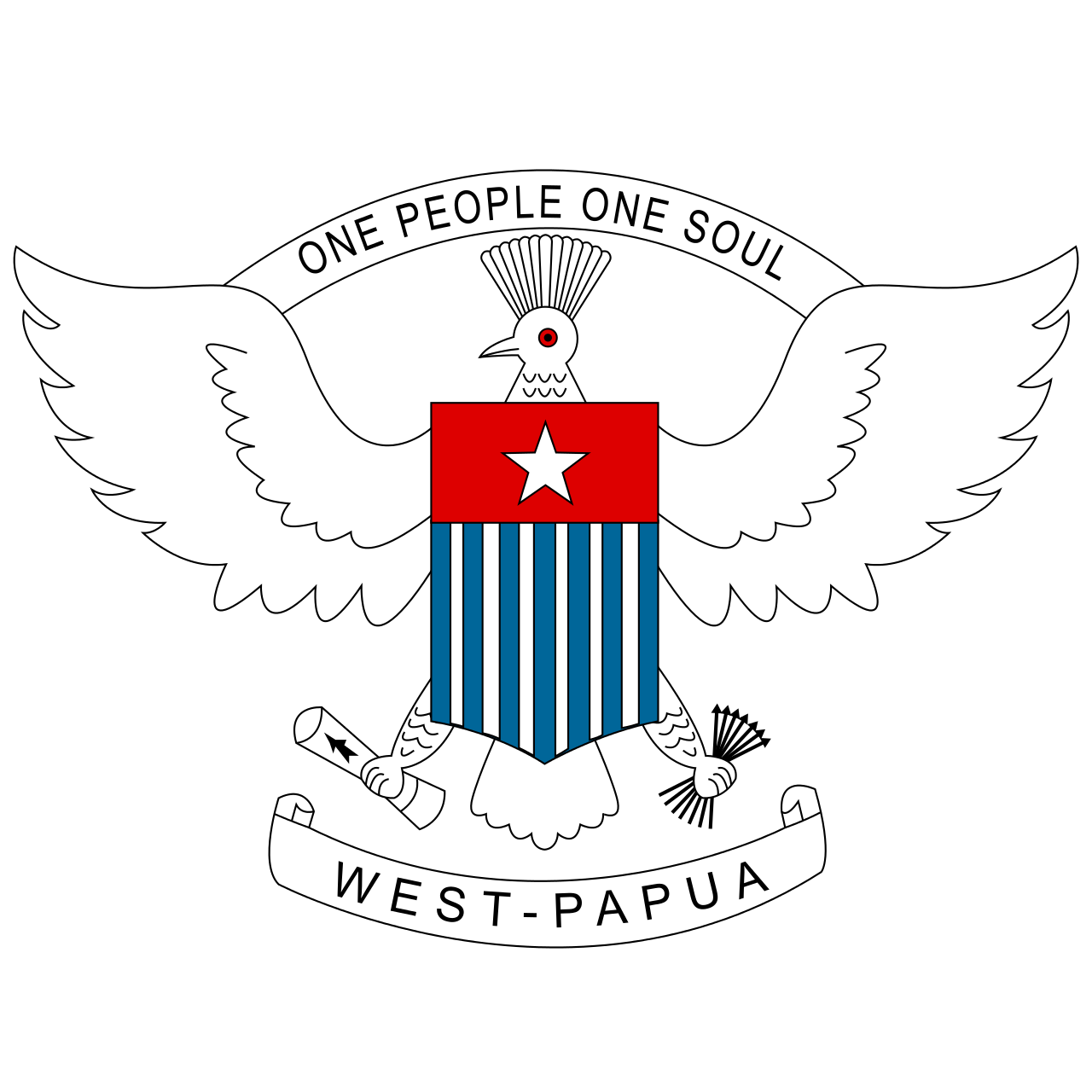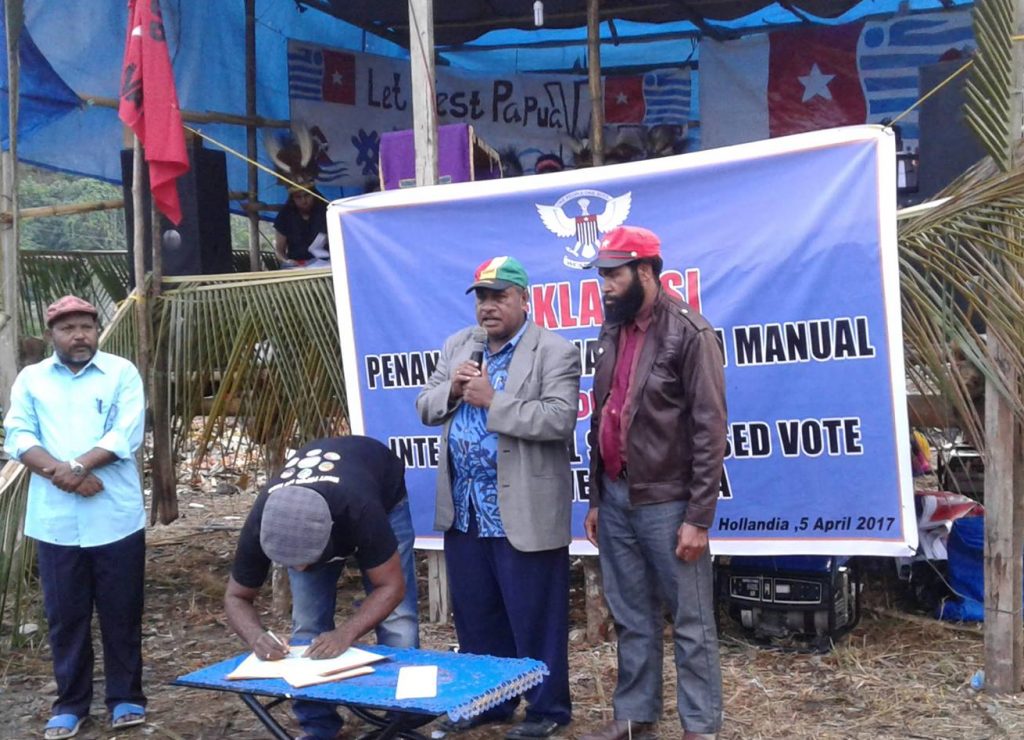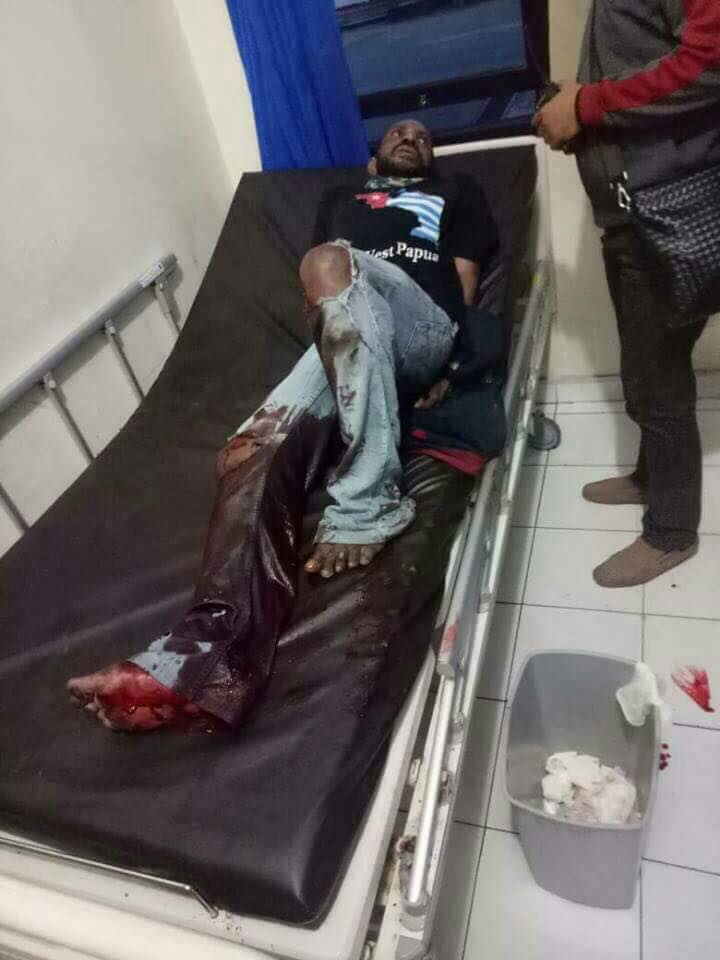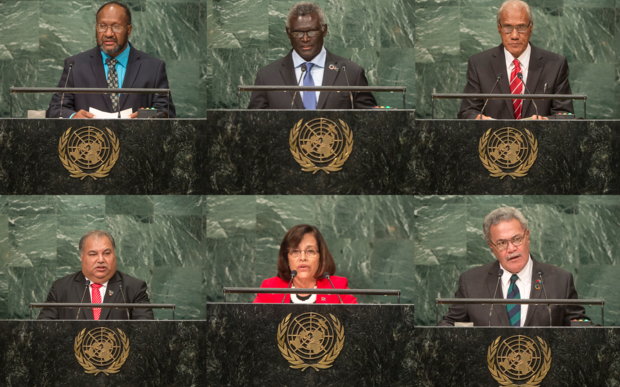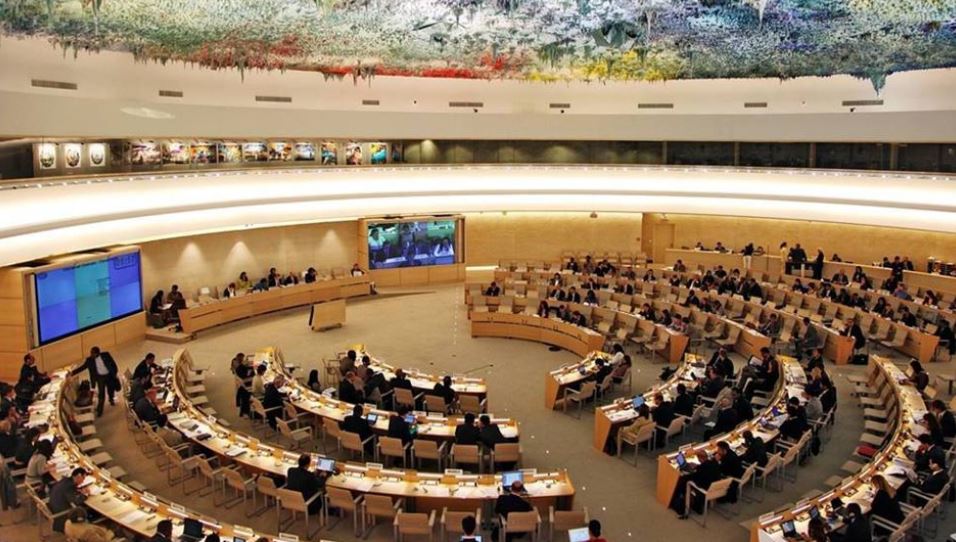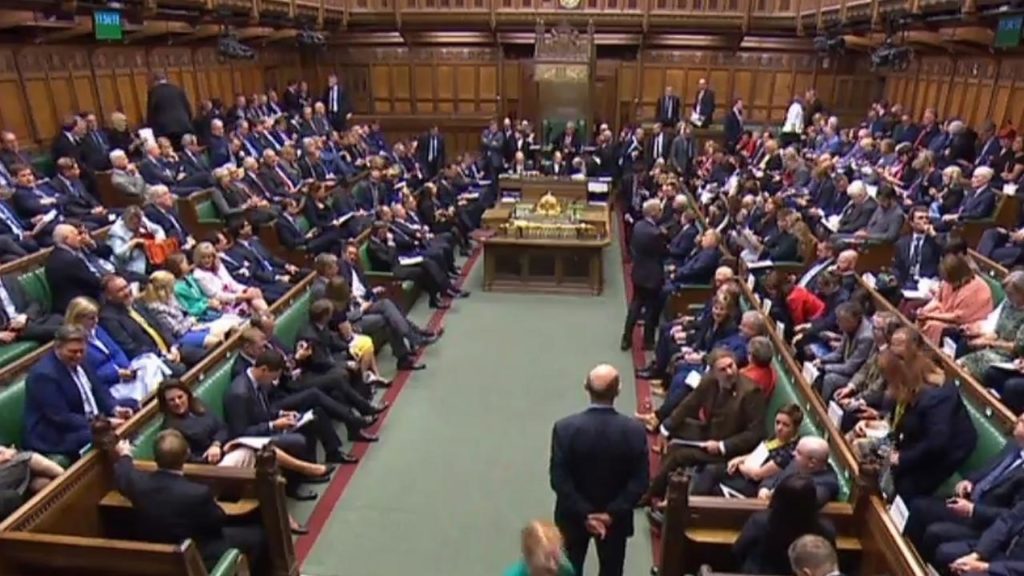On May 3, 2017, Indonesia’s human rights record in West Papua and elsewhere was placed under scrutiny by human rights organisations and international governments. Indonesia’s record of mass arrests, media repression, and wide-spread abuse of indigenous Papuans was raised at numerous times.
Human rights organisations
In the run-up to the Universal Review, several organisations submitted evidence of severe ongoing violations of human rights in West Papua.
Amnesty International noted “hundreds of arrests of peaceful political activists, particularly in Papua”, tracing it back to the charge of ‘rebellion’ under Articles 106 and 110 of the Criminal Code which can lead to Papuans being arrested for life for simple expressions of pro-independence sentiment. Amnesty also stated that it regularly receives “credible reports of unlawful killings and unnecessary or excessive use of force and firearms by the police and military personnel during peaceful pro-independence protests and gatherings”, a routine occurrence in West Papua.
Human Rights Watch documented 37 Papuan political prisoners, usually arrested for non-violent actions such as raising the Papuan Morning Star flag. The organisation noted that “Indonesian authorities also continue to restrict access by foreign journalists and rights monitors to Papua”, following on from its land-mark report into the restrictions in late 2015.
Freedom Now burst Indonesian government rhetoric by stating: “Any suggestion that Indonesia has made progress in promoting and protecting human rights is countered by the numerous alleged violations occurring in Papua and the West Papua provinces”. Freedom Now noted, amongst other cases, that “264 peaceful activists were arrested and a further 216 members of the West Papua National Committee were arbitrarily detained for participating in peaceful
demonstrations” during May 2015.
Even the Indonesian government-established National Commission on Human Rights (Komnas HAM) stated that “Various forms of injustice in the field of civil and political rights are still felt by the populations of the Province of Papua and West Papua. Economic, social and cultural imbalances, as well as repression of civil and political rights, both past and present demand the immediate restoration of rights for the people of Papua and reparation for rights violated in the past.”
You can find the full documents from dozens of organisations’ submissions to the UPR here.
International governments
Various countries raised concerns over West Papua in their speeches at the UN.
Mexico called on Indonesia to grant access to West Papua to the UN Special Rapporteur on the rights of indigenous peoples.
The United States noted that it was “concerned by restrictions of the exercise of free speech and peaceful assembly including in Papua and West Papua where mass detention of peaceful protestor and restrictions of local symbols have been taking place”.
Austria noted “undue restriction on freedom of opinion and expression lack of accountability for human rights violation by security forces in Papua”.
Switzerland, the United Kingdom, Mexico, Belgium, the Netherlands and Germany all submitted questions to Indonesia over its human rights record in West Papua.
